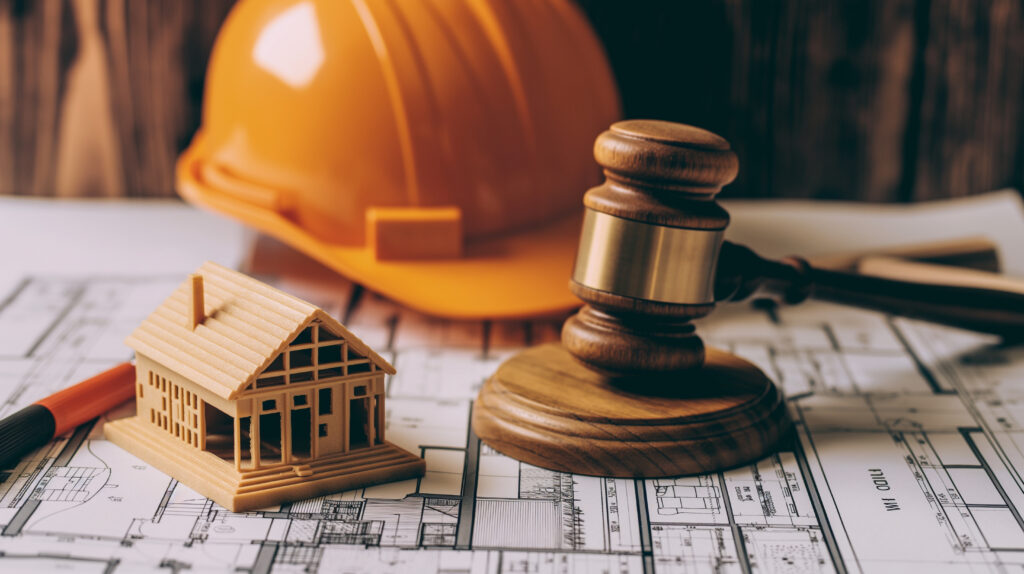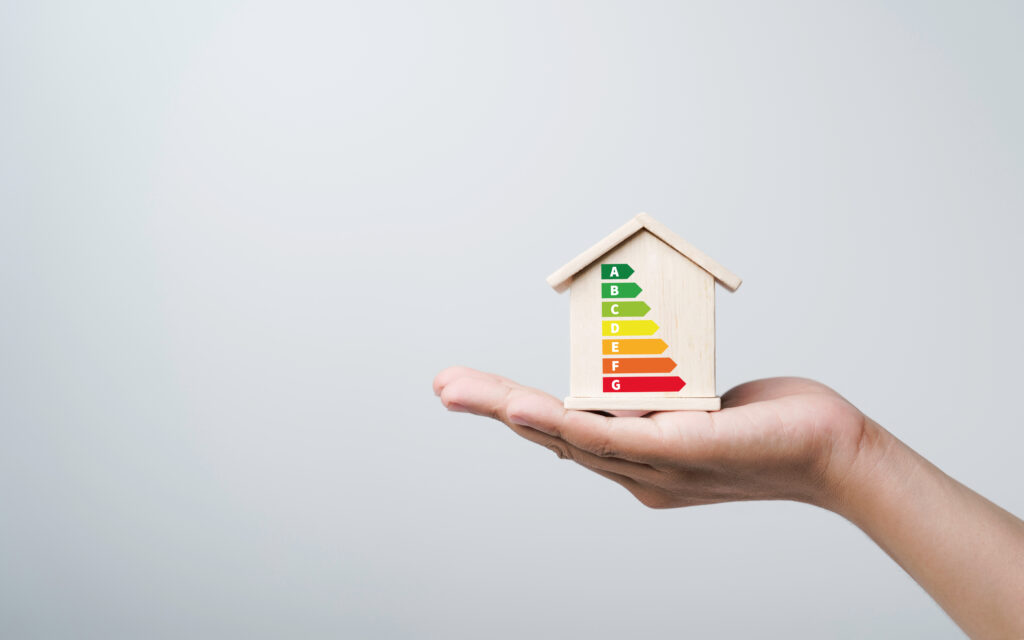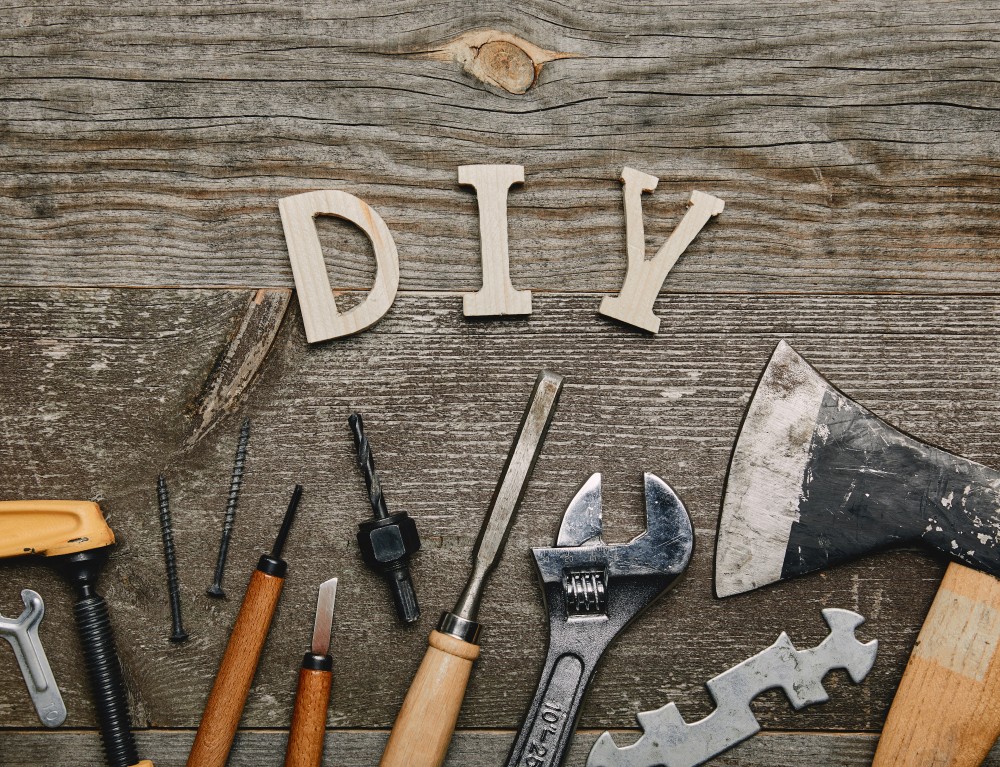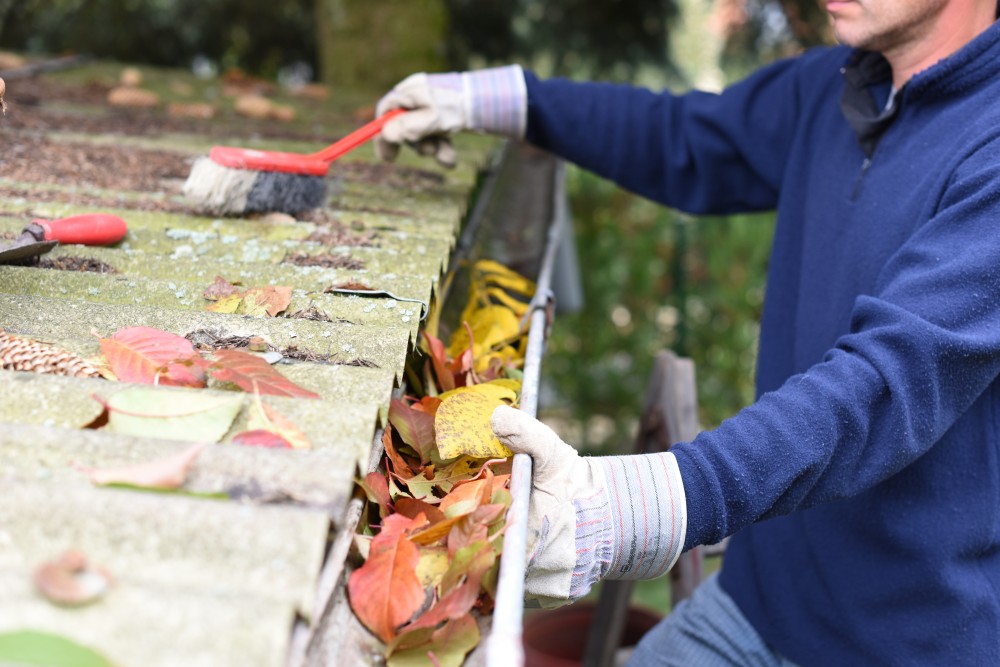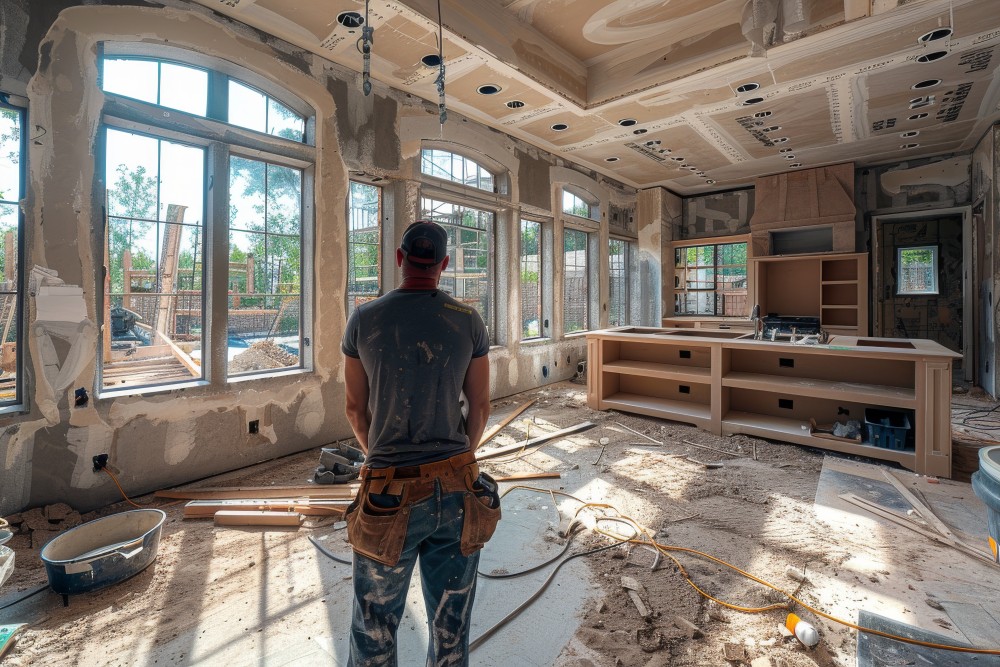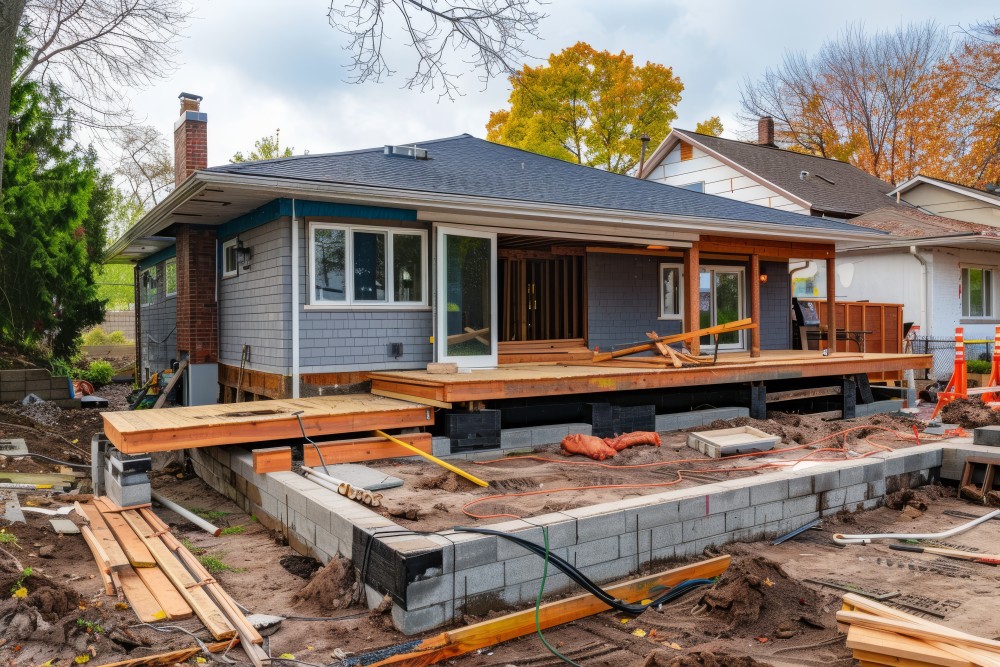1. Ensuring Fair Practices and Ethical Standards
Regulation and Oversight
- Licensing and Certification: Consumer protection agencies often oversee the licensing and certification of contractors. They ensure that contractors meet specific qualifications and adhere to professional standards.
- Code Compliance: These agencies enforce compliance with local building codes and regulations, ensuring that all home improvement projects meet safety and quality standards.
Ethical Conduct
- Professional Conduct: Agencies set and enforce ethical standards for contractors, protecting homeowners from unethical practices such as fraud, misrepresentation, and overcharging.
- Disciplinary Actions: They have the authority to investigate complaints and take disciplinary actions against contractors who violate ethical standards or legal requirements.
Join HICP Homeowner’s Alliance
Connect with experts, get special discounts and enjoy member benefits
2. Providing Information and Resources
Educational Resources
- Guides and Publications: Consumer protection agencies provide guides, publications, and online resources to educate homeowners about their rights, responsibilities, and best practices in home improvement projects.
- Workshops and Seminars: They often conduct workshops and seminars to help homeowners understand the renovation process, how to choose reliable contractors, and how to avoid common pitfalls.
Consumer Alerts
- Scam Warnings: Agencies issue consumer alerts to warn homeowners about common scams and fraudulent practices in the home improvement industry.
- Latest Regulations: They keep homeowners informed about the latest regulations, codes, and safety standards affecting home improvement projects.
3. Assisting with Contractor Selection
Verified Contractor Lists
- Accredited Contractors: Many consumer protection agencies maintain lists of accredited or verified contractors who meet specific standards of quality and reliability.
- Background Checks: These lists often include contractors who have undergone thorough background checks and have a history of good performance and customer satisfaction.
Contractor Reviews and Ratings
- Consumer Feedback: Agencies collect and publish reviews and ratings from consumers, providing valuable insights into the performance and reliability of contractors.
- Performance Records: They maintain records of contractor performance, including any complaints or disciplinary actions, helping homeowners make informed decisions.
4. Handling Complaints and Disputes
Complaint Resolution
- Filing Complaints: Homeowners can file complaints against contractors through consumer protection agencies. These complaints are formally recorded and investigated.
- Mediation and Arbitration: Agencies often offer mediation and arbitration services to resolve disputes between homeowners and contractors without resorting to legal action.
Investigation and Enforcement
- Investigative Authority: Agencies have the authority to investigate complaints thoroughly, gathering evidence and interviewing involved parties.
- Enforcement Actions: Based on their findings, they can take enforcement actions against contractors, such as revoking licenses, imposing fines, or pursuing legal action.
5. Legal Support and Advocacy
Legal Advice
- Consumer Rights: Agencies provide legal advice to homeowners about their rights and options in dealing with contractors, especially in cases of fraud or substandard work.
- Contract Review: They offer contract review services, helping homeowners understand the terms and conditions of home improvement contracts and ensuring they are fair and transparent.
Advocacy and Representation
- Policy Advocacy: Consumer protection agencies advocate for policies and regulations that protect homeowners and promote fair practices in the home improvement industry.
- Legal Representation: In some cases, agencies may provide legal representation to homeowners in disputes with contractors, especially in cases involving significant financial loss or safety concerns.
6. Promoting Best Practices
Standardization
- Best Practice Guidelines: Agencies develop and promote best practice guidelines for contractors, ensuring consistency and quality in home improvement projects.
- Quality Standards: They establish quality standards for materials and workmanship, promoting high standards across the industry.
Training and Certification
- Professional Development: Consumer protection agencies offer training and certification programs for contractors, helping them stay updated with the latest techniques, regulations, and ethical standards.
- Continuous Improvement: These programs encourage continuous improvement in skills and knowledge, benefiting both contractors and homeowners.
Conclusion
Home improvement consumer protection agencies play a vital role in ensuring that homeowners can undertake renovation projects with confidence and peace of mind. By regulating and overseeing contractor practices, providing valuable information and resources, assisting with contractor selection, handling complaints and disputes, offering legal support, and promoting best practices, these agencies protect homeowners’ interests and promote a fair and reliable home improvement industry. Homeowners are encouraged to utilize the resources and support offered by these agencies to ensure successful and stress-free renovation projects.



